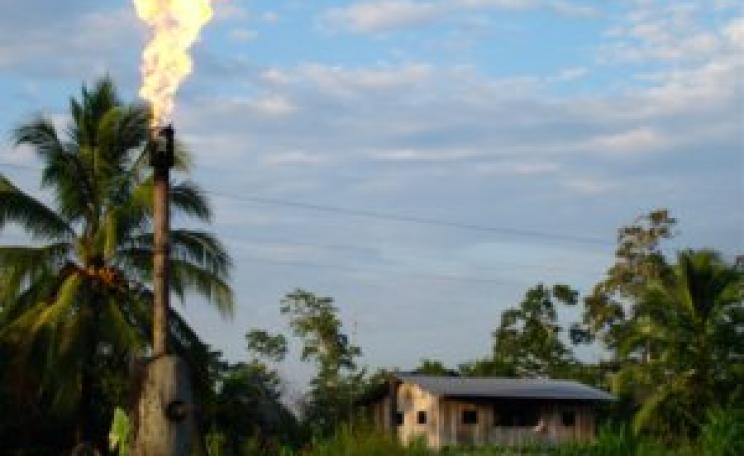Indonesia's tropical forest reserves are the world's third largest (after the Amazon and the Congo basin), but the sprawling nation has lost around 40 per cent of its canopy to loggers in the last 50 years.
At the present rate of deforestation -- with an area roughly the size of El Salvador being cleared annually - lowland trees on Sumatra island and neighboring Borneo will disappear by 2010, many conservationists say.
Indonesia asked the World Bank to help devise a forestry plan and in June 2006 it released a 44-page outline. The paper, released on Wednesday, was a supplement to that strategy.
Activists with Friends of the Earth International, Environmental Defense and Indonesia's WALHI accused the global lender of prioritizing a government goal to create more than 12.3 million acres of industrial timber plantation.
The giant plantations on Indonesia's Sumatra and Borneo islands would deny small farmers access to land, pollute the soil with chemicals and turn the ecosystem into a monoculture for timber production, said Fara Sofa of WALHI.
"It changes the livelihood of the community and turns them from land owners to paid laborers," she said, adding it would worsen communal conflicts over land rights.
The World Bank, which committed itself in 2005 to reducing global deforestation by 10% by 2010, claims that the industry will help "contribute to growth, rural livelihoods and environmental protection."
This article first appeared in the Ecologist February 2007




